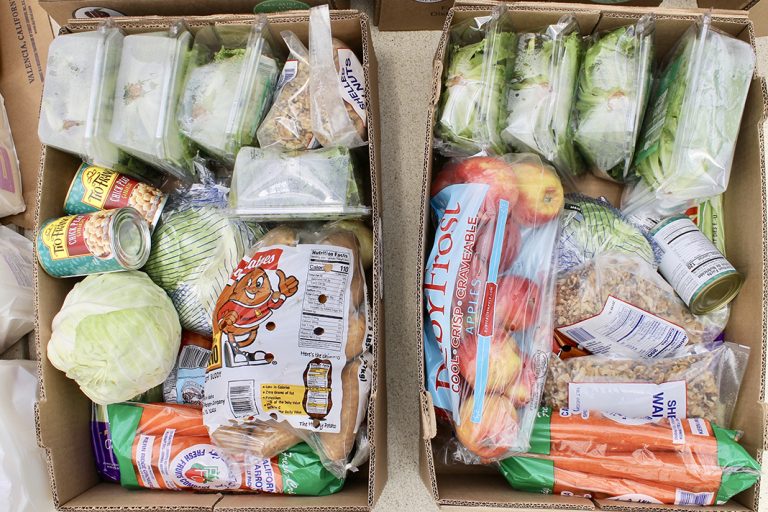- Must be a citizen or legal immigrant
- Must be an Idaho resident
- Your household income must be less than the program income limits for your household size
- With some exceptions, you must work or participate in an employment and training program
For most households, resources must be under $5,000 to qualify for SNAP. Resources include, but are not limited to:
- Cash
- Bank accounts
- Stocks and bonds
- Property
- Household and recreational vehicles
Households can receive SNAP benefits from only one state at a time. If you have recently moved to Idaho, you must end your SNAP benefits in your previous state, prior to applying for SNAP in Idaho.









